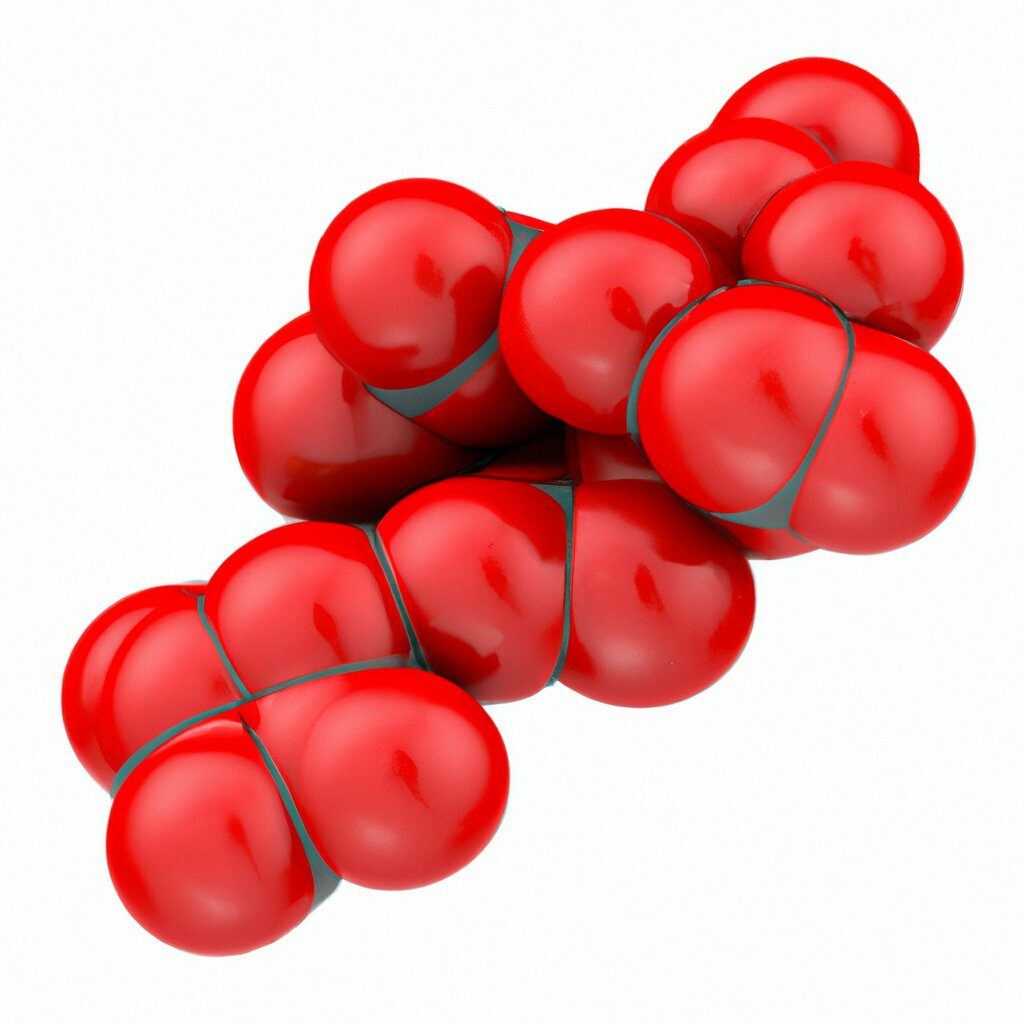High cholesterol is a problem that many people face due to today’s lifestyle habits or their advanced age. Cholesterol can increase the risk of serious health problems such as heart disease and stroke. Fortunately, there are some tips on how to lower cholesterol without the use of medication.
In this article, we’ll cover the basics of how to improve your LDL and HDL levels naturally, and provide useful tips on how to positively influence the levels in the long term. With the right diet, exercise, and lifestyle changes, you can drastically reduce your risk of cardiovascular problems and maintain healthier cholesterol levels. Read on to learn more about how to lower your cholesterol without medication.
What is cholesterol?

Optimal cholesterol and LDL levels depend on individual factors such as age, gender, family history, and lifestyle. Understanding the different types of lipids in the blood can help us make informed decisions about our health.
Lowering cholesterol (CHOL)
Cholesterol is a vital component of body chemistry. It is a waxy, fat-like substance that helps in the production of hormones, the construction of cell walls and the absorption of vitamins. It is found in most foods and is important for maintaining good health. However, high cholesterol can increase the risk of heart disease, which is why many people are considering how to lower cholesterol.
Lowering Low Density Lipoprotein (LDL)
LDL, or low-density lipoprotein, is a type of lipid that can cause serious health problems if it builds up in the arteries. When LDL builds up in the arteries, it forms plaques that narrow and harden the artery, leading to an increased risk of heart disease and stroke.
Increase High Density Lipoprotein (HDL)
HDL is a type of lipoprotein found in the bloodstream that helps transport cholesterol and other lipids (fats) to the liver. It is sometimes referred to as “good” cholesterol because it helps remove excess cholesterol from tissues and transport it back to the liver, where it is broken down and removed from the body. HDL is usually considered non-harmful because it helps reduce the risk of heart disease by removing excess cholesterol from the body.
Fortunately, there are steps that anyone can easily take on their own to lower cholesterol and LDL levels and raise the good cholesterol HDL, thus keeping the heart and blood vessels healthy for a long time even without medication.
Dietary habits that affect good and bad cholesterol
Dietary habits are an important factor in our overall health and well-being. The type of food we eat can have a big impact on CHOL and LDL levels.
High cholesterol is a serious health condition that requires a balanced diet to cope with. Eating foods high in saturated fat, trans fat, and cholesterol can raise your cholesterol levels and put you at risk for heart disease. If you have high cholesterol, you should avoid these foods because they can increase your risk of cardiovascular disease and stroke. Eat more fruits, vegetables, lean meats, and whole grains to lower your cholesterol.
A healthy diet with appropriate portion sizes is an important part of maintaining good cholesterol levels. Foods rich in fiber, omega-3 fatty acids, and plant sterols can help lower cholesterol, especially LDL cholesterol. These foods include whole grains, nuts, seeds, legumes, fish, and green leafy vegetables, and can be used in a variety of dishes to create a balanced diet.
Healthy lifestyle helps lower cholesterol
Lowering cholesterol through a healthy diet
So, eating a healthy and balanced diet is one way to lower cholesterol and LDL levels. Eating fresh fruits, vegetables, whole grains, and lean proteins can help lower cholesterol and reduce the risk of heart disease.
- Fresh fruit is an excellent choice because it is full of vitamins, minerals, antioxidants, and fiber. Eating a variety of fresh fruits can help lower cholesterol and LDL levels while providing important nutrients for overall health. Fruits like apples, oranges, berries, bananas, grapefruit, kiwi, and more are great options for those who want to lower their cholesterol and LDL levels.
- Many vegetables can be eaten raw or cooked. They, too, are packed with vitamins, minerals, and other essential nutrients that are important for a healthy diet. Examples of vegetables include broccoli, carrots, spinach, kale, peppers, tomatoes, potatoes, and squash.
- Lean protein is an essential part of a healthy diet. It helps to build and maintain muscle while helping with weight loss. There are many sources of lean protein, but these five are among the best: chicken, fish, tofu, eggs, lentils, and beans. Fish is another excellent source of lean protein; it also often contains important omega-3 fatty acids, which can help reduce inflammation and improve cognitive function. Tip: Tofu is an excellent vegan source of lean protein; it is low in fat but high in protein and fiber.
Risk factors: lack of exercise, alcohol and smoking
Regular exercise has a huge impact on cholesterol levels. Thus, through physical activity and exercise, you can lower your blood level of bad cholesterol (LDL) and at the same time increase your level of good cholesterol (HDL). Regular endurance exercises are particularly suitable for this. Examples of endurance exercise include walking, jogging, running, swimming, cycling, and aerobics classes.
It doesn’t have to be a competitive sport or strenuous weight lifting: daily walks or the popular (because joint-friendly) lap swimming once or twice a week is sufficient. Such regular circulatory exercises help increase the amount of HDL cholesterol in the bloodstream and improve overall cardiovascular fitness. Exercise not only reduces the risk of heart disease and stroke, but also strengthens the immune system and regulates many processes in the body. So exercise literally keeps you young.
Quitting smoking and drinking less alcohol can have significant benefits for your health. By avoiding these two substances, you can reduce inflammation in the body, which is an important factor in the development of chronic diseases. In addition, avoiding these substances can help improve overall well-being and boost energy levels.
Through these lifestyle changes, you can significantly improve your overall health and well-being.
